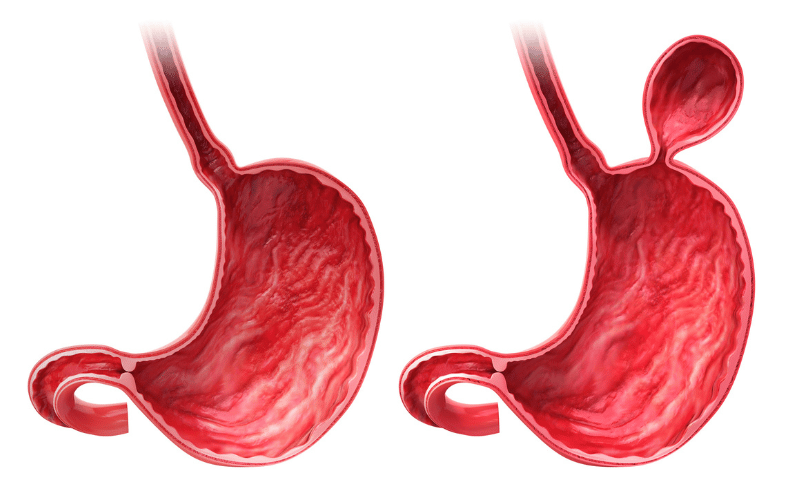Introduction: The Silent Disturbance of Hiatal Hernia

Every day, countless individuals experience symptoms they mistakenly attribute to other ailments, never imagining that a lesser-known condition, a hiatal hernia, might be to blame. This particular hernia, tucked away inside the body, often keeps its existence hidden, only making itself known through a series of disparate symptoms. By understanding these signs and catching them early on, individuals can avoid potential complications, seek proper medical advice, and improve their quality of life.
In many cases, a hiatal hernia is a silent observer, causing no apparent discomfort. Yet for some, its presence becomes increasingly evident as they navigate their day-to-day life. An afternoon snack might suddenly result in an unexplained bout of heartburn. A deep breath might inexplicably fall short, leaving one gasping. All these can be signals sent out by the body in response to the hernia’s sneaky encroachment.
The body is like a well-tuned instrument, and when one string is out of tune, the entire melody can be disrupted. Such is the case with a hiatal hernia. To truly appreciate the impact this condition can have and to differentiate its symptoms from other potential health concerns, let’s delve deeper into the most common manifestations of a hiatal hernia.
Symptom 1: Persistent Heartburn

Heartburn, in the context of a hiatal hernia, isn’t just an occasional irritation. It’s a searing, relentless sensation that can dominate one’s day, making every meal a potential battlefield. At its core, persistent heartburn is the body’s outcry against stomach acid making an unwarranted appearance in the esophagus. Unlike the stomach, which has a protective lining, the esophagus is vulnerable. This acid, a natural component of our digestive system, becomes an intruder, irritating and inflaming the esophagus.
So, what exactly causes this unwelcome migration of stomach acid? The answer lies in the mechanics altered by the presence of a hiatal hernia. The hernia repositions the stomach and esophagus, sometimes making it easier for stomach acid to escape its confines. The lower esophageal sphincter, a muscle acting as a gate between the esophagus and stomach, may also be compromised by the hernia’s presence. It might not close completely, allowing acid to seep into the esophagus, especially when one lies down or bends over.
As the intensity of heartburn escalates, it becomes more than just a physiological concern. It starts influencing daily routines, decisions, and even mental well-being. The thought of an impending bout of heartburn can dictate food choices, eating timings, and activities. Nights become longer with the struggle to find a sleeping position that doesn’t exacerbate the burning sensation. A romantic dinner, a business lunch, or even a casual coffee can become occasions of anxiety. The omnipresence of this burning sensation can weigh heavily on one’s psyche, leading to stress and anxiety.
Relief from persistent heartburn requires a multipronged approach. Quick fixes like over-the-counter antacids can provide temporary respite, but understanding and addressing the root cause is crucial. Dietary changes, including avoiding trigger foods like spicy dishes, chocolates, or caffeine, can help. Also, elevating the head while sleeping and not lying down immediately after eating can prevent the backward flow of acid. For some, medications prescribed by doctors can reduce or neutralize stomach acid.
In the face of persistent heartburn, knowledge and proactive measures are empowering. Recognizing its association with a hiatal hernia opens doors to targeted treatments and interventions. It’s about regaining control over one’s life, meal by meal, ensuring that food remains a source of pleasure, not pain. (1)